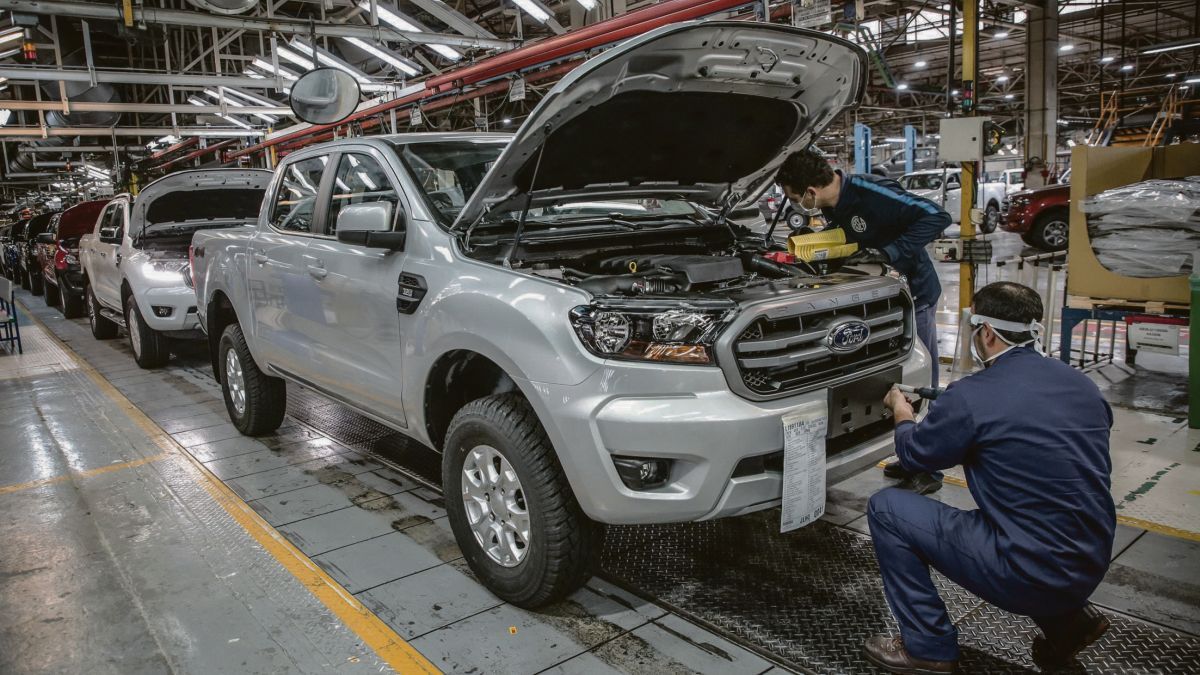Despite the current restrictions, March imports were record. Driven in part by international inflation and the drastic rise in energy pricesjumped 33% year-on-year according to INDEC data and marked the highest record for that month since 2011. However, companies from different sectors have been warning that they suffer complications due to the lack of supplies.
The most resounding case occurred in the last hours, The Association of Automotive Manufacturers (ADEFA) and the Association of Argentine Component Factories (AFAC) sent a letter addressed to Miguel Pesce in which they warn that some twenty auto parts companies are running out of import quotas scheduled for the full year at the end of this month. According to what they indicate, this could bring a stoppage also in the terminals and affect labor sources, which brought the accompaniment of the SMATA union to the letter
From the Central Bank they explained to Ámbito: “The rule is designed for firms that overstocked thinking that the exchange rate was going to jump. Now the idea is that they use those stocks that they have in excess or that they help finance part of the growth in imports.” Along these lines, they detailed: “Particular issues are being addressed and a response will be given so as not to affect production. The objective is to maintain the macro standard but without affecting the national industryfundamentally when it comes to exports”.
In the monetary entity they affirm that “We are in dialogue with the terminals, auto parts companies and the union to give an answer”. At the same time, they anticipate that “there is a case-by-case analysis to resolve the specific issues that arise”, although they maintain that “there will not be a general release of the quota”.
The note sent by the two business entities warns that “the situation will continue to worsen in the coming months as it will progressively reach the rest of the auto parts and terminal companies, resulting in production stops, suspension of personnel throughout the production chain” and anticipates that “if a solution is not found in the short term, this situation will put into discussion and risk the production, export and investment plans projected for the year, both for terminal companies and auto parts companies.”
Source: Ambito
David William is a talented author who has made a name for himself in the world of writing. He is a professional author who writes on a wide range of topics, from general interest to opinion news. David is currently working as a writer at 24 hours worlds where he brings his unique perspective and in-depth research to his articles, making them both informative and engaging.




